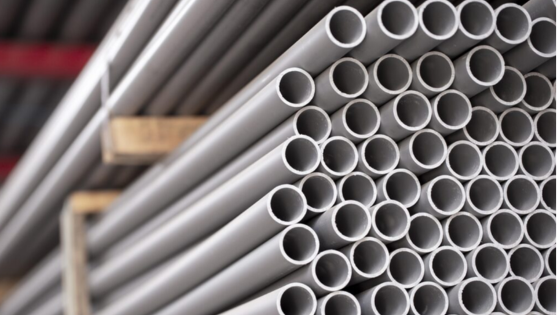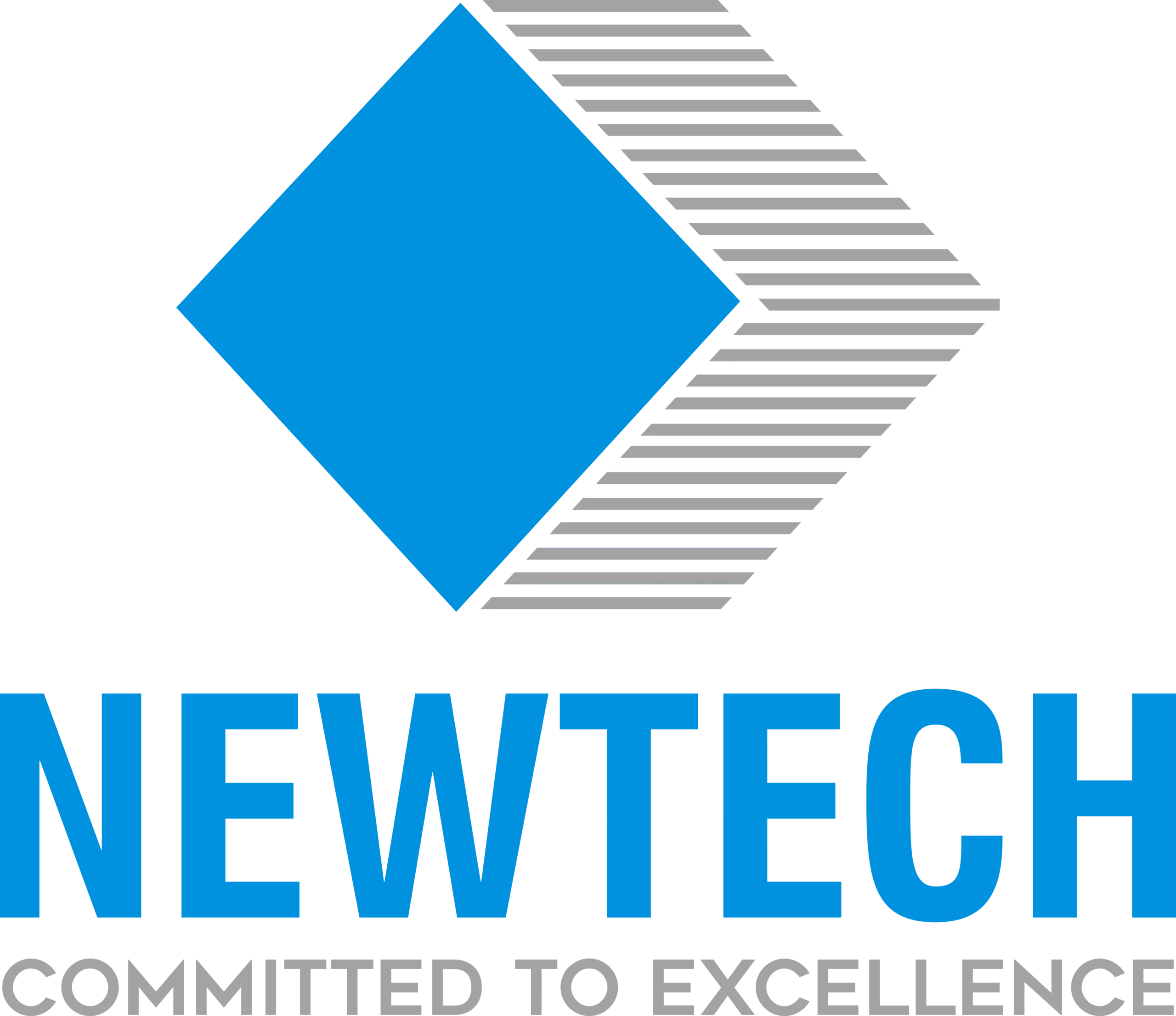UPVC pipes are durable, lightweight, and corrosion-resistant, making them ideal for plumbing, irrigation, and industrial use. This guide highlights their key features, long lifespan, eco-friendliness, easy installation, and low maintenance. Homeowners and contractors benefit from their cost-effectiveness and versatility in both domestic and commercial piping systems.
What Are UPVC Pipes? A Homeowner’s and Contractor’s Guide
When choosing the optimum piping material to employ in plumbing and
construction, UPVC pipes have become extremely popular worldwide. Because of their high durability, affordability, and resistance to corrosion, UPVC pipes are now the first preference of house owners as well as constructors. Whether you are going to install a new plumbing system or replace an old one, you must know about the characteristics, advantages, and uses of UPVC pipes.
In this complete guide, we will look at what UPVC pipes are, their greatest benefits, diverse uses, and how they measure up compared to other pipe materials. With this guide, you will be able to make the ideal choice for your next construction or plumbing project.
What Are UPVC Pipes?
UPVC (Unplasticized Polyvinyl Chloride) pipes are made of rigid PVC that contains no plasticizers. They are more strong and durable than regular PVC pipes. UPVC pipes are employed extremely extensively in water supply, drainage, sewerage, irrigation, and industrial purposes because of their chemical resistance, light weight, and non-corrosive property.
Major Features of UPVC Pipes:
- Strength – Strong enough to last decades without any wear and tear.
- Corrosion Resistance – Don’t rust or corrode over time compared to metal pipes.
- Chemical Resistance – Acid, alkali, and other chemical resistant.
- Lightweight – Lightweight and easy to install and transport compared to metal pipes.
- Eco-Friendly – Non-toxic plasticizers free and 100% recyclable.
- Cost-Effective – Low cost compared to metal equivalents but with long lifespan.
- Non-Toxic – Drinking water application suitable.
- Low Maintenance – Less maintenance required, minimizing long-term costs.
UPVC Pipe Application:
Used on every form of business and domestic application owing to the performance and ability of the material.
Domestic Plumbing
- Ideal for cold water supply pipes for household use.
- Applied in sewage drain pipes and sewer vent pipes.
- Normally applied in buried domestic plumbing systems owing to their durability.
Irrigation Systems:
- Applied as a first choice in crop irrigation systems.
- Waterproof and chemical-resistant to soil chemicals.
- They are durable.
- Applied in sprinkler and drip irrigation systems.
Industrial Applications:
- Utilized in chemical processing plants because of their better chemical resistance.
- Utilized in municipal effluent and wastewater disposal systems.
- Critical in industrial plumbing and HVAC ducting.
Sewer and Sewage Systems:
- Installing in municipal sewerage pipes.
- Does not leak and clog due to its smooth inner lining.
- Utilized in stormwater drainage systems.
Benefits of Using UPVC Pipes:
Long Lifespan:
It can last 50 to 100 years, thereby making them an ideal long-term solution.
Corrosion and Rust Resistance:
UPVC does not rust or corrode, unlike metal pipes, even under extreme conditions.
Chemical Resistance:
It is resistant to acids, alkalis, and aggressive chemicals exposure without any damage.
Leak-Proof Joints:
They are solvent cemented, which gives watertight as well as durable connections.
Smooth Internal Surface:
The non-stick quality resists sedimentation, providing smooth flow of water.
Eco-Friendly and Sustainable:
They can be reused 100% clear, which aligns with green building practices.
Simple Installation:
Lightweight, simple to cut, time- and labor-saving to install.
Homeowner and Contractor Installation Tips:
Proper Cutting and Fitting:
- Cut with a pipe cutter or fine-tooth handsaw to achieve neat cuts.
- Chamfer the edges prior to joining to avoid leaks.
- Optimum-Quality Solvent Cement Use
- Use UPVC solvent cement correctly for secure, long-lasting joints.
- Provide sufficient curing time prior to pressurizing the system.
Mount Pipes Properly:
- Use sufficient pipe clamps to avoid sagging or misalignment.
- Avoid over-tightening and cause stress cracks.
- Protect from UV Radiation
- Apply outdoor use with UV-resistant paints.
- Keep pipes in the shade to extend their life.
Long-Lived UPVC Pipes Maintenance Tips:
- Even though UPVC pipes have low maintenance, the following hints will be useful in making them long-lasting:
- Check Frequently – Monitor for wear, cracks, or leaks within the system.
- Clean Pipes Properly – Clean without compromising the pipe’s surface.
- Avoid Clogging – Place strainers on pipes to catch pieces.
- Cover Underground Pipes – Trench and cover appropriately.
- Fix Damaged Segments on Time – Prevent small issues from becoming big failures.
UPVC pipes are a best-fit solution for plumbing, irrigation, industrial applications, and drain systems. UPVC pipes are cost-effective, long-lasting, easy to install, and hence the best choice for home owners as well as construction engineers. UPVC pipes are 100 years long lasting, and hence it is a leak-proof, eco-friendly, low-maintenance solution.


